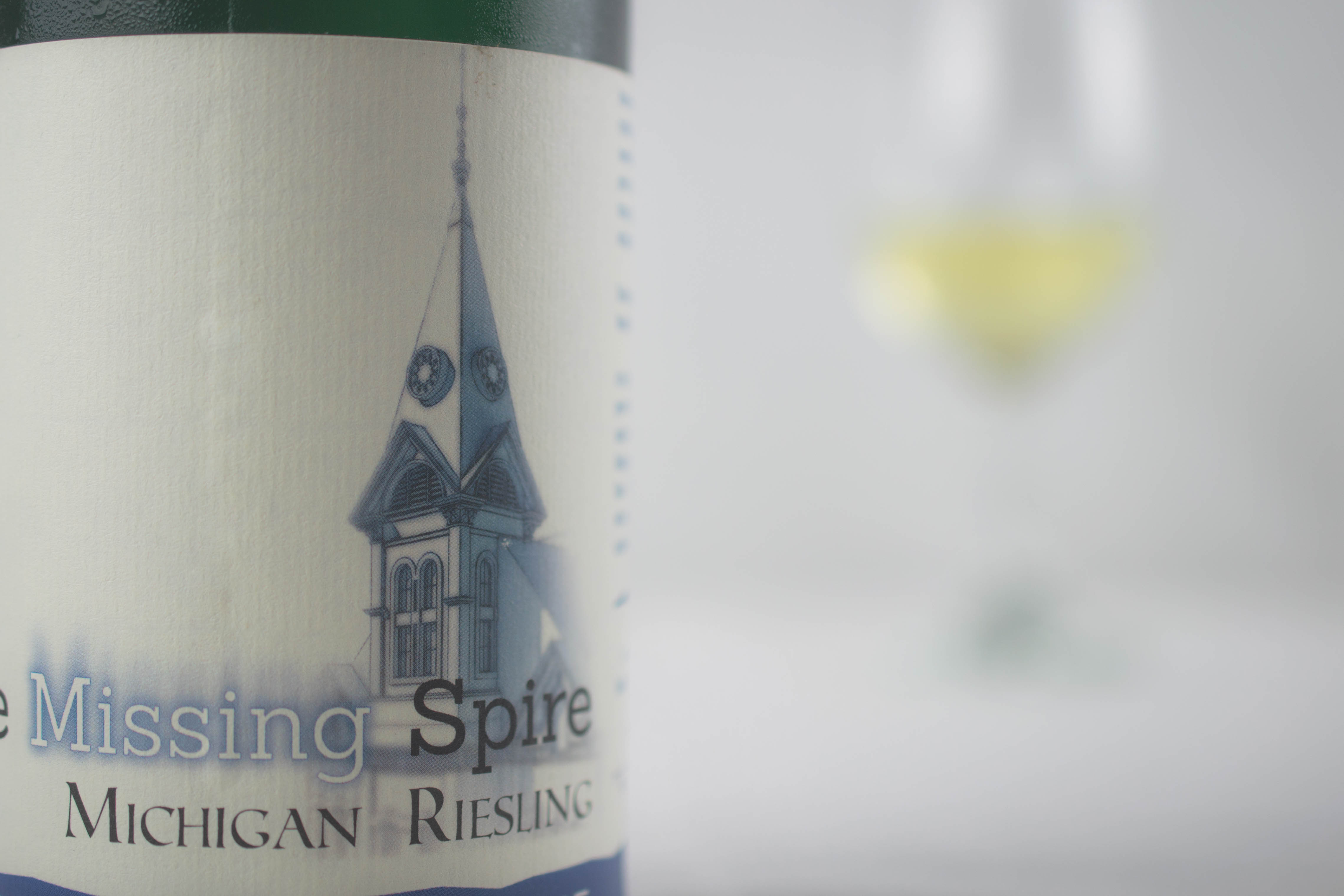I’ve sat on this post for a couple of days. I needed some time to decompress, to just step away from it all. If I’m being honest, I didn’t I want to express the thoughts that were going through my mind.
For the past three years I’ve thrown myself into learning about wine. WSET was part of that, a little feather I could tuck into my cap, as if to say, “Hey, I actually know what I’m talking about here.” I wanted to take it all the way, through level 3, through level 4, all the way to Master of Wines, if I could make it. For the past three years, my future, as far as I could envision it, was me following a path set by WSET. Like I said in the last blog, after this weekend I don’t think I care any more.
Don’t get me wrong; I still want to learn about wine, I’m no less inspired by it, but whatever course I take from here moving forward, I don’t want WSET to be a part of it. Regardless of if I pass or fail the test next weekend, I’ll take no pride or have no remorse in the outcome.

What does that change? Not much really. My plans for the future looked a bit like this:
- Drink Wine
- Pass Tests
- ???
- Profit
Whereas now, it looks more like this:
- Drink Wine
- Continue Blogging
- ???
- Profit
There’s a mix of emotions, but ultimately I feel untethered. I guess none of this should really come as a surprise, if you look at the wines I drink, the attitudes I’ve adopted, they don’t fall in line with conventional wisdom about wine.

My primary points of contention are: 1) Most people don’t cellar wine, so any system designed to determine quality using ageworthiness as a significant factor is irrelevant to the average consumer.* 2) You cannot accurately quantify what makes a wine pleasing, this is the same issue I have with shelf talkers that proudly display scores for a wine out of some magazine. 3) We each perceive wine differently; our tongues and brains are similar in construction, but not identical and we are therefore unable to objectively map sensory experiences for others. To pretend otherwise is disingenuous, at best.
To be fair, the “theory” component of the curriculum does a great job laying out how wine is made, various winemaking techniques, vineyard management systems, and features of specific wine regions across the globe. This is the stuff I want to learn, unfortunately it’s overshadowed by the tasting portion of the course.
On Sunday we spent 30-45 minutes of class debating color. My classmates were so frustrated by the process, they were asking the instructor to come sit in their seats and look at the wine from their perspective. At one point she announced she wasn’t going to talk about it any more.
After lunch I had a moment with the instructor and asked her, “What is the utility of blind tasting ?” I explained that I could see as helpful in removing the bias of the taster in some circumstances, and that I did see a benefit to tasting, but in a professional setting, as wine buyer for example, what is the benefit?
Her answer was, essentially, that blind tasting was an important skill to develop in order to pass blind tasting exams. She ended by challenging the integrity of myself and my employer. “You work for a cooking school, shouldn’t you want to know as much as you can about wine?”
It was a cheap Straw Man argument, I didn’t bite. One of the things I really love about working at the Chopping Block is that we take the mystery, the snobbery, the pretension out of cooking. I think we should treat wine the same way.

Here’s something definitely won’t be on my blind tasting exam, a Michigan Riesling. Two Rieslings in a week? I guess if this class has given me anything, it’s a rediscovered love of Riesling. This one is from Left Foot Charley, I reviewed a previous vintage before the website overhaul and remember it fondly.
I’ve heard great things about Michigan Rieslings and I’ve wanted to give them some attention for a while now. This wine is medium dry to medium sweet, but has enough acid to keep that extra sugar in balance. It opened up with that gasoline and lime odor that I love so much from Riesling, with palate notes like nectarine, sweet tart, wet stone, honeysuckle, and lime. There isn’t a ton of complexity to it, but was a welcome end to one of the first warm spring days of the year.
*I’ve thought about this quite a bit since the blog posted and my position has changed. I agree that most people are not cellaring wine, but I do not think you can have a conversation about fine wine without considering the age of what you’re drinking. Even for the average consumer who goes through the bottle within 24 hours of purchase, there is a value in making a determination of age. A 10 year old bottle of Bordeaux could be a great find in a wine shop, a 10 year old Beaujolais Nouveau… not so much.
